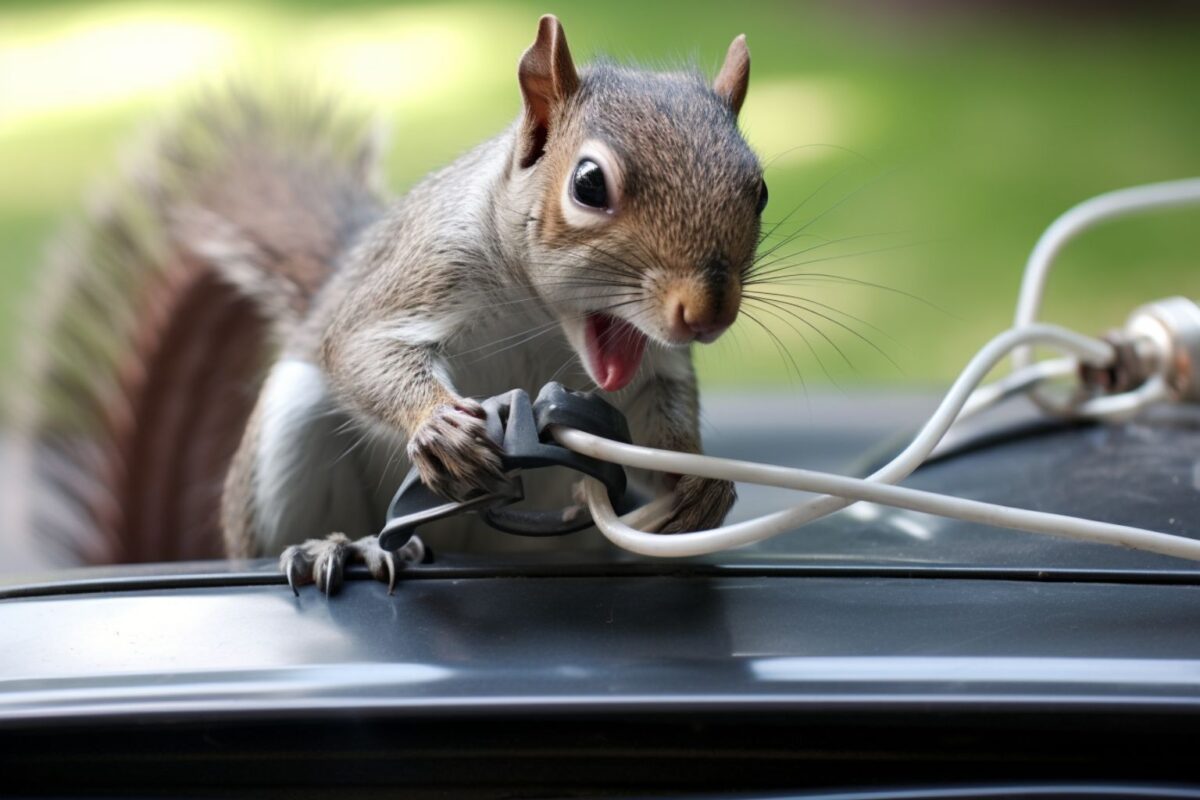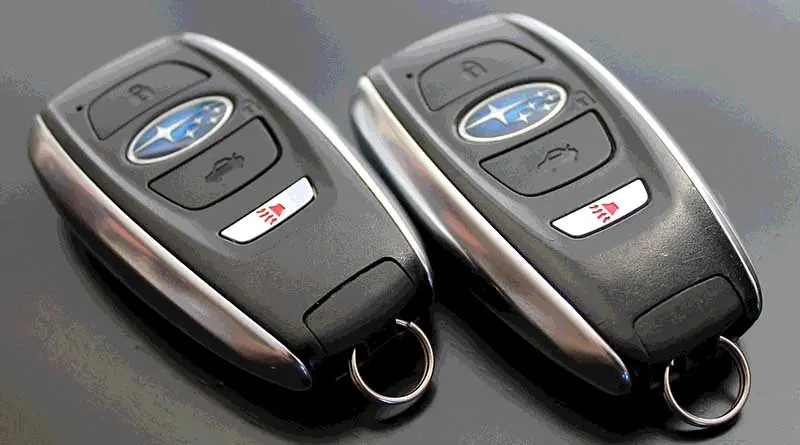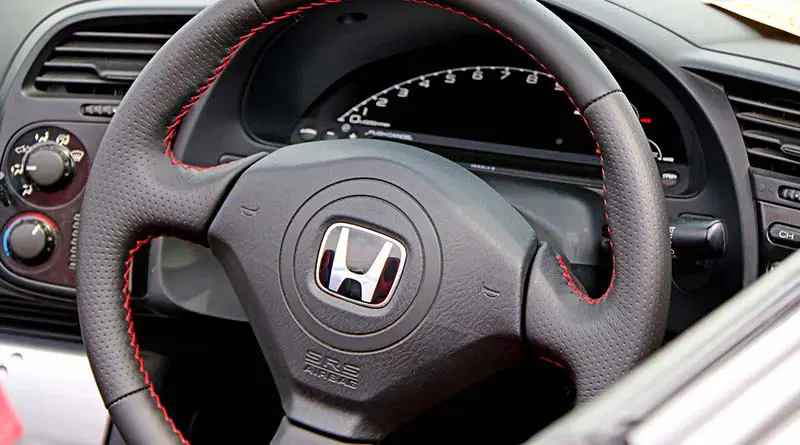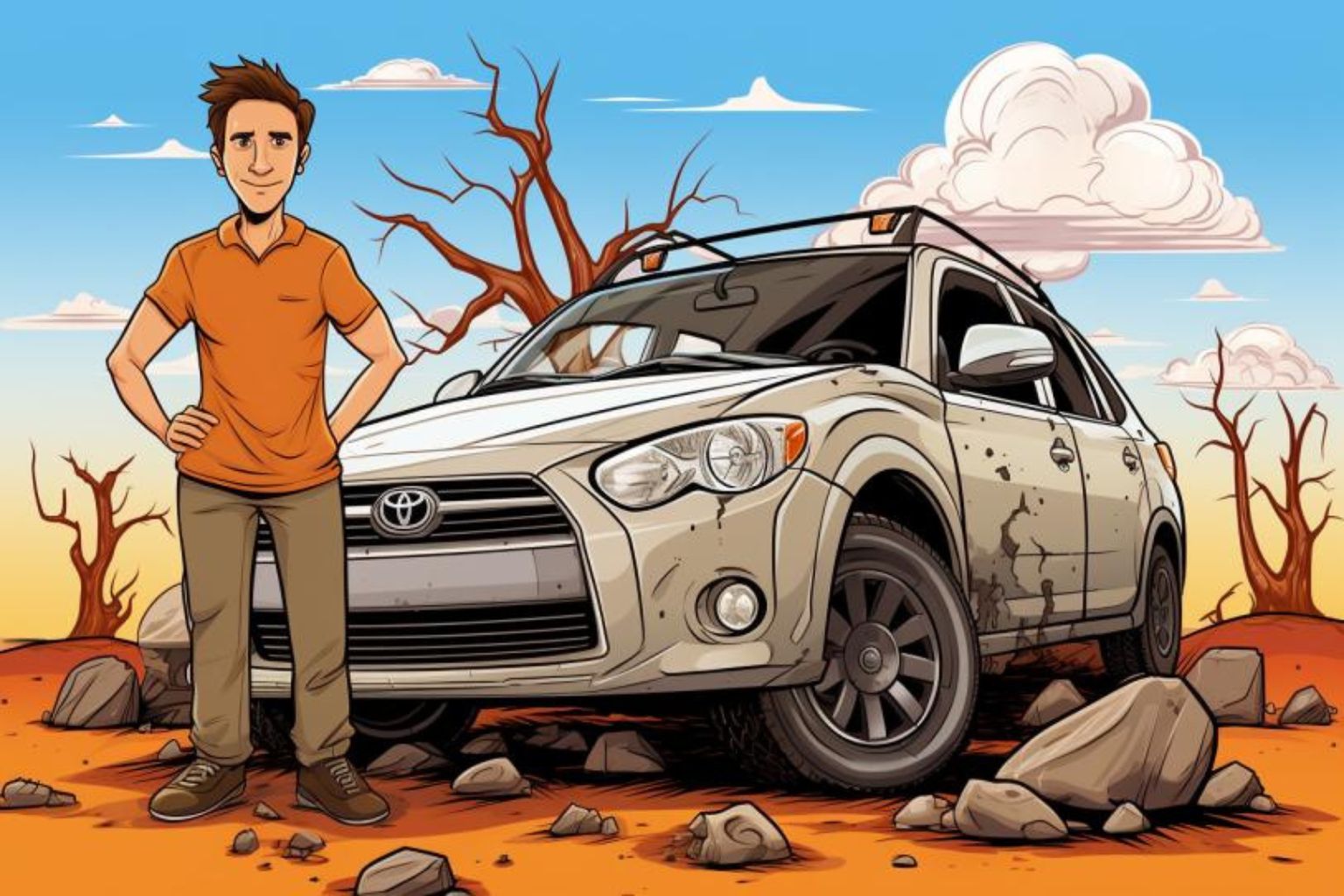Avis just sent Donald Davidson a $6,758 repair bill for his rental car, and he doesn’t want to pay it.
That’s because he had nothing to do with damaging the 2023 Nissan Sentra he rented in Springfield, N.J., last summer.
He says squirrels did it.
That’s right, cute little squirrels ate the wires in his car.
Davidson says the damage happened during a rainstorm. The rodents crawled under the car to seek shelter — and to feast on it.
“The wires under the hood were damaged,” he says.
Today, we’re bringing back one of your favorite features on this site: Should I Take The Case? It’s where I take a borderline case and ask you if I should advocate for it.
Our advocacy team has been getting a lot of inquiries like Davidson’s, where we’re not sure what to do with it. Do we send this case to Avis — or should we advise him to pay the $6,758 bill?
But before we get to your answer, let’s take a closer look at Davidson’s problem.

“Does this seem fair?”
Davidson says he’s a responsible renter. He didn’t take any unnecessary risks when he rented the car from Avis and treated it carefully.
“Squirrels took shelter in the car while it was raining,” he reports. “The car wires are made with soy, which rodents love to chew on. Avis does not provide any protection against this type of damage.”
Davidson discovered the damage the next day.
“I turned on the engine, and the engine light went on,” he remembers. “The car was shaking.”
Davidson called Avis, which towed the car back to the rental location. It reported that the wires under the hood were damaged by rodents and instructed him to wait for the bill. (Here’s our guide to renting a car.)
The agent said he’d never heard of squirrel damage. But it’s a thing.
In fact, rodent-damaged wiring in cars has become so widespread that several class-action lawsuits have been filed against automakers, although none of them have been successful. Rodents like squirrels and mice chew on car wires to keep their teeth trimmed, not because they think the wires taste delicious. (Related: Windshield damage on my Avis rental! Do I have to pay $573?)
There are ways to protect your vehicle from squirrels. You can spray the underside with cayenne pepper or peppermint oil. Honda sells rodent-proofing tape, but it costs about $40.
Apparently, Avis does not squirrel-proof its cars.
In late December — four months after he returned the damaged rental — Avis sent him a bill for the damage.
“Does this seem fair to charge me $6,758 for damage by squirrels?” he asked.

Avis wants him to pay up — now
Avis handed this damage claim to PurCo, a company with a well-deserved reputation for collecting on every claim — whether the driver is responsible or not.
No one is disputing that the squirrels went to town on this car.
It looks like they got under the hood and really chowed down.
This car is going nowhere!
Here’s what PurCo wants:
Note: Davidson could easily dispute the loss of use, administrative and diagnostic fees. But he has a bigger problem: His insurance company won’t cover any of this. “It’s a State Farm auto policy that doesn’t include comprehensive coverage,” he says.
Davidson also tried to file a claim on his Costco Citi Visa, which he used to make the reservation. The card denied his claim.
So he’s on the hook for everything.
Is my vehicle at risk of squirrel damage?
You might be casting a nervous glance at your car outside as you read this story. That’s understandable. If you live in an area with a high population of squirrels, your vehicle may be at risk of damage.
Here are some ways to determine if your car is vulnerable to squirrel damage:
What time is it?
Squirrels are more active during fall all and winter months when food sources are scarce. That’s when you should be on the lookout.
Where are you parked?
Parking your vehicle in a garage or well-lit area can deter squirrels. If you have to park outside, use a protective cover to shield your car from potential damage.
Are you near a squirrel magnet?
A bird feeder or bird bath in your yard could attract the squirrels, so you may want to move it away from your vehicle. Also, Squirrels like to chew on soft materials like plastic and rubber. Check for any exposed components that might be tempting targets.
Are there signs of squirrel activity around your vehicle?
Chewed-up wires, nuts stored in engine compartments, or dents and scratches on the body, are all signs that squirrels have made a home in your car.
Is the area around your car clean?
You’ll want to keep your vehicle clean and free of debris. Clutter may attract squirrels looking for a place to nest or hide.
If you can avoid attracting squirrels, you can minimize the risk of squirrel damage to your car. But it’s no guarantee, of course. All it takes is a powerful storm to send the furry critters running for shelter — under your car.
Should I take this case?
So what should we do with Davidson’s case? Here are the options:
Send the case to Avis
There’s a strong argument for advocating this case with Avis. The company could have treated the car with anti-rodent tape. A $40 investment could have prevented $6,758 in damage. But it didn’t, and now it wants one of its customers to pay for the resulting damage.
Also, the bill PurCo sent to him is absurd. It’s charging $1,239 in junk fees that have absolutely nothing to do with the cost of repairing his vehicle. (Related: Double-billed by Avis for a van returned after hours.)
If Davidson refuses to pay, PurCo will almost certainly send him a threatening letter and then report him to a collection agency. He’ll also get added to Avis’ Do Not Rent list and will never be able to rent a vehicle from the company again.
Tell him to pay his bill
At the same time, Davidson accepted full responsibility for his car when he rented it from Avis. That means he’s responsible for anything that happens to the vehicle, even if it’s not his fault. Davidson isn’t disputing that the damage happened on his watch. (Related: How was she supposed to know her car would spontaneously combust?)
Also, Davidson should have had adequate car insurance. He says his State Farm agent goofed and sold him a policy that didn’t cover rodent infestations. But it’s still his responsibility to be properly insured. So as we look at his case, our team also feels Davidson should pay for the damage that was caused during his rental.
Here’s the outcome no one wants to see
There’s something my advocacy team would like to avoid. And that is seeing Davidson cough up $6,758, including all those administrative fees, because he’s afraid the company will damage his good credit rating or even take him to court. We believe consumers should take responsibility for their rental vehicles, but the bill PurCo sent him is nuts.
So what would you do? It’s time to vote.
Update (1/11/24): I contacted Avis and shared details of this case. Avis shared an invoice from the dealership that substantiated the repairs. However, since the driver had no insurance, I asked if the company could consider waiving some of the fees. In response, I received an email: “After further review of this matter, we are willing to waive the loss of use fees and change the admin fees to $250. Please let us know so we can contact Purco to adjust the fees.”
I’ll let you know if Davidson accepts the offer.



